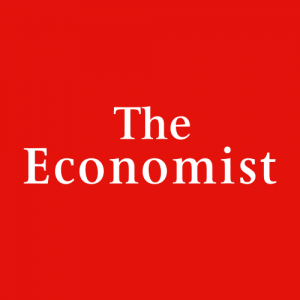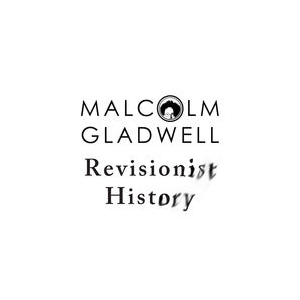Saxon Connor is a Christchurch surgeon. The views expressed in this column are personal and do not represent those of his employers. OPINION: There is now widespread disruption to the provision of hospital-based healthcare across Aotearoa. The underlying cause is not simply the increased demand from the COVID-19 and influenza. As a nation we have accepted...Continue reading
In the Media
A referendum each for the resolution of two touchy issues
As far as referenda go, I think there’s general agreement on this: to ask Australians to consider, at the same referendum, two questions — one on Indigenous voice, and the other on a republic — is too big an ask. Nevertheless, we could do what the Irish did in 2012. Ireland held a Citizens’ Constitutional...
What Biden’s Democracy Summit Is Missing
U.S. President Joe Biden is set to host a virtual summit this week for leaders from government, civil society, and the private sector to discuss the renewal of democracy. We can expect to see plenty of worthy yet predictable issues discussed: the threat of foreign agents interfering in elections, online disinformation, political polarization, and the...Continue reading
Yes, Australian politics needs a shake-up, but independents aren’t the answer
With so many independents running, there’s a suggestion that Australia is on the precipice of a tectonic shift in politics. If only. These aspiring independents are launching their campaigns replete with catchy slogans, brightly coloured posters and t-shirts, and all the razzamatazz of politics-as-usual. “They’re not calling them parties at the moment, but that’s not...Continue reading
The wisdom of small crowds: The case for using Citizens’ Juries to shape policy
By some metrics, American democracy is in great shape. Despite a pandemic, and a switch to mass mail-in voting, the 2020 presidential election witnessed the highest voter turnout in U.S. history with 158 million people casting ballots. That’s about 66% of the voting-eligible population, the highest percentage since 1900 when 74% voted. Of course, many factors may have...Continue reading
As the US frets, consider this: there’s more to democracy than the popular vote
Whichever party wins office in this presidential race, the US is likely to persist as a conflict-ridden country. But it’s not alone. America is simply a bald-faced illustration of how elections generate animated and antagonistic political campaigns — resulting in a fractured body politic. Electoral regulations go some way to ensure the integrity of the...Continue reading
Jury duty for global warming: citizen groups help solve the puzzle of climate action
Cathleen O’Grady in Science Magazine, Oct. 29, 2020 , 1:45 PM Until recently, Sue Peachey, an apartment building manager in Bath, U.K., didn’t think much about climate change. “I did my recycling,” she says. “I just wasn’t aware of how serious it was.” She never imagined the U.K. Parliament asking for her advice on climate...Continue reading
Politicians should take citizens’ assemblies seriously
Last week, The Economist UK strongly and clearly endorsed that the use of juries of citizens warrants the attention of anyone seeking to do democracy better. At the core of their reasoning is a practical reality: real-world policy issues which would normally get mired in ‘politics-as-usual’ have been freed up and seen elected leaders from...Continue reading
Can we follow the French out of gridlock on climate?
By Luca Belgiorno-Nettis, July 8, 2020 Not since the war has an Australian government mobilised so comprehensively: $260 billion, or 13 per cent of the country’s GDP, is a whopping big number. It was only six months ago that Australia was tested by bushfires and floods, but those calamities have now been overtaken by another...
Malcolm Gladwell talks to Adam Cronkright on Democratic Lotteries
In Bolivia, a political activist radically reforms the voting process for… student council elections. Who else does he convince? Revisionist History. And maybe a fancy private school in New Jersey. http://leopard.megaphone.fm/CAD9439991498.mp3 Revisionist History, Season 5, Episode 3: The Powerball Revolution Student Government Lottery in Bolivia, video courtesy of Adam Cronkright and Democracy in Practice. Adam...Continue reading








